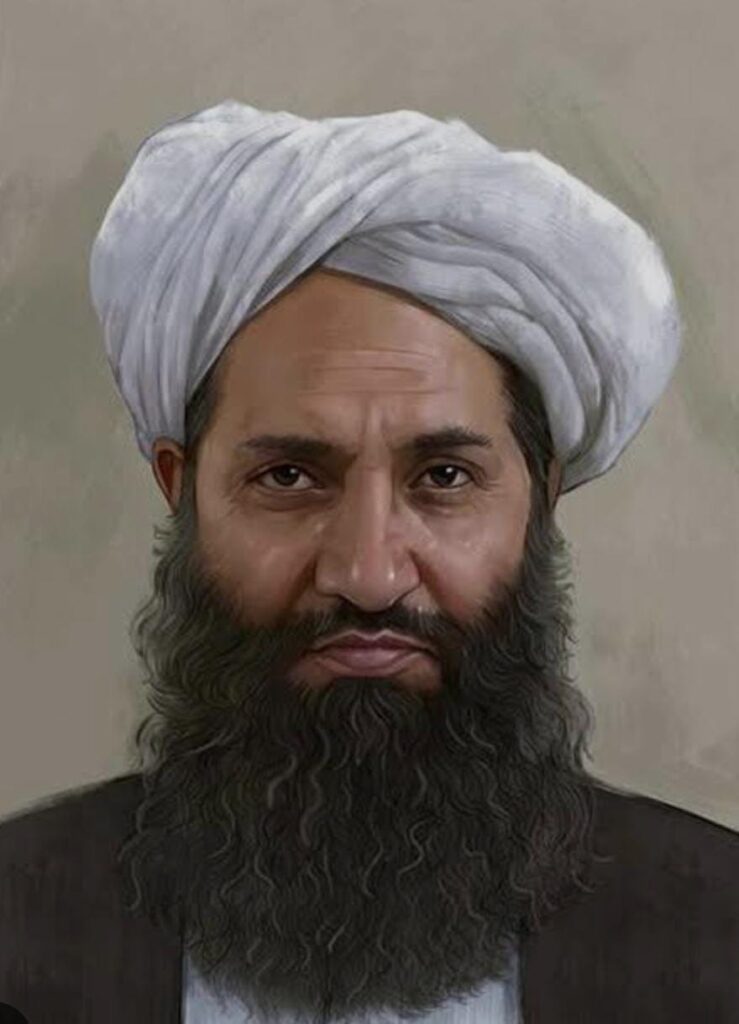In a rare public message during a gathering with city mayors in Kandahar, Taliban supreme leader Sheikh Hibatullah Akhundzada issued a pointed appeal to Afghan officials and security personnel: treat the war-weary public with kindness, avoid coercion, and uphold the values of justice and service.
While the message emphasized Islamic principles, developmental governance, and protection of public resources, analysts believe it indirectly highlights the Afghan Taliban government’s faltering grip over its own security forces, many of whom continue to behave like militants rather than state representatives.
Sheikh Hibatullah’s call for compassion, public service, and sharia-based discipline is being viewed as a desperate attempt to rein in the widespread reports of heavy-handedness, abuse, and unaccountable behavior by Taliban personnel across the country.
“His sermon wasn’t for the people—it was a reprimand to his own foot soldiers,” said a regional observer. “It reflects a deep-rooted problem: the Taliban may now rule Afghanistan, but many of their operatives haven’t shed their battlefield mentality.”
Since taking power in 2021, the Taliban have struggled to transition from insurgents to administrators. Security forces, often made up of former fighters with little or no training in civilian policing or governance, continue to act with impunity. Residents in multiple provinces report arbitrary arrests, harsh punishments, and intimidation—traits more associated with militant rule than state authority.
While the Taliban claim to have brought stability, such warnings from the top leadership suggest growing concerns within the hierarchy. If commanders and fighters truly followed central directives, there would be no need for such appeals.
Critics argue that Sheikh Hibatullah’s statements expose the Taliban’s inability to enforce discipline and lawful conduct within their own ranks. “The message may sound noble, but the need for it is a damning indictment of their weak governance,” a political analyst remarked.





